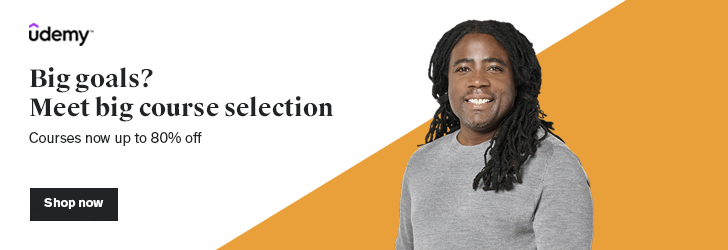Description
What you’ll learn
-
1. How to conduct effective and efficient interviews that yield the best candidates for the job.
-
2. How to develop an interview process that is consistent and fair to all the candidates.
-
3. How to create a welcoming and professional environment that puts the candidate at ease and encourages them to share their experiences and skills.
-
4. How to evaluate the candidates objectively?
- What is the meaning of an interview?
- What are the objectives of an interview from the employer’s point of view?
- How interview is conducted?
- Whether interview is a formal or informal conversation?
- What is meant by surface area of a cuboid?
- What is the formula for calculation of surface area of a cuboid?
- Why many skilled and qualified recruits leave the job within a few weeks or months?
- Why some new recruits have to be groomed extensively?
- How the interviewer can understand the Company’s needs?
- How an interviewer can learn about the candidate?
- How an interviewer should settle logistics?
- How an interviewer can prepare the candidate for interview?
- Why there is need for creation of comfortable atmosphere for the interview?
- Do you agree that tendency to hurry questions should be avoided by the interviewer?
- The interviewer can have three categories of questions for the interview. Name those three categories.
- What is the purpose of hypothetical questions?
- Why the interviewer should take notes during the interview?
- The interviewer should avoid speaking more than the candidate. Comment.
- The evaluation of the candidates should be impartial. Discuss.
- When and how an interviewer can give a piece of advice to the interviewee?
- How an interviewer can close the interview?
- What are non-verbal cues? How an interviewer can evaluate the candidate from non-verbal cues?
- What are those points which indicate that the candidate is prepared for the interview?
- How the interviewer can judge whether the candidate has the skills which are required for the job?
- Which thing shows that the candidate may not be self-aware?
- What are those points which show that the candidate is aware of his/her strengths and weaknesses?
- What are those points which may indicate that the candidate has leadership abilities?
- How the interviewer can conclude that the candidate is confident in himself/herself?
- Why there is need to be transparent with the candidate about the job hours and salary range in the interview process?
- What are those points which the interviewer should look for in a candidate’s appearance?
- How an interviewer can judge that the candidate is dependable?
- Why the interviewer should ask a question or two from the resume of the candidate?
- What is the benefit of asking the questions from the candidate relating to adaptability and flexibility?
- What is meant by self-starter?
- How the self-starter can be highly beneficial for the organization?
- What type of questions should be avoided by the interviewer? Give some examples.
- The interviewer should stick to which type of questions?
Who this course is for:
- Students who are interested to learn about the Interview tips for the Interviewer and Things Interviewer should look for in job candidates
Course content
- Introduction1 lecture • 4min
- Introduction
- Interview – Meaning, Objectives and Ways1 lecture • 5min
- Interview – Meaning, Objectives and Ways
- Interview Tips for the Interviewer1 lecture • 22min
- Interview Tips for the Interviewer
- Things an Interviewer should look for in Job Candidates1 lecture • 27min
- Things an Interviewer should look for in Job Candidates
- Questions to be avoided by interviewer1 lecture • 4min
- Questions to be avoided by interviewer






Reviews
There are no reviews yet.